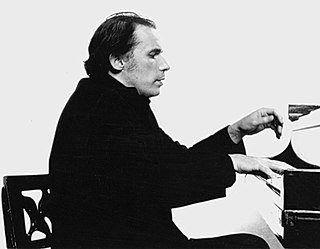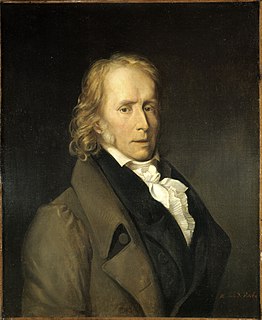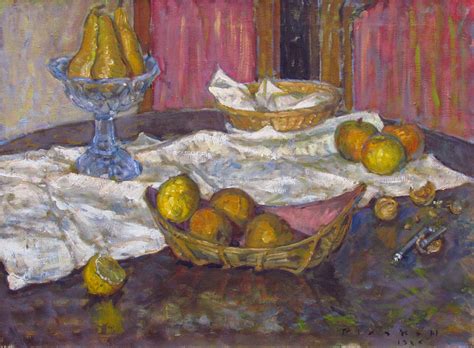A Quote by Glenn Gould
The purpose of art is the lifelong construction of a state of wonder.
Quote Topics
Related Quotes
We have educated ourselves into a world from which wonder, and he fear and dread and splendor and freedom of wonder have been banished. Of course wonder is costly. You couldn't incorporate it into a modern state, beacuse it is the antithesis of the anxiously worshiped security which is what a modern state is asked to give. Wonder is marvellous but it is also cruel, cruel, cruel. It is undemocratic, discriminatory and pitiless.
The classicist, and the naturalist who has much in common with him, refuse to see in the highest works of art anything but the exercise of judgement, sensibility, and skill. The romanticist cannot be satisfied with such a normal standard; for him art is essentially irrational - an experience beyond normality, sometimes destructive of normality, and at the very least evocative of that state of wonder which is the state of mind induced by the immediately inexplicable.
If being an anti-art artist is difficult, being an anti-art art historian is a hard position indeed. His doctrinal revolutionism brings forth nothing new in art but reenacts upheavals on the symbolic plane of language. It provides the consoling belief that overthrows are occurring as in the past, that barriers to creation are being surmounted, and that art is pursuing a radical purpose, even if it is only the purpose of doing away with itself.
No matter what our job is, we view it not as our purpose in life but rather as where God has sovereignly placed us for the purpose of making Christ known and his name great. If you are a teacher, if you are a politician, if you are a businessman, if you are in agriculture, if you are in construction, if you are in technology, if you are in the arts, then you should not be saying, ‘I need to find my life’s purpose in this work,’ but rather, ‘I need to bring God’s purpose to this work.’
Widespread state control over art and culture has left no room for freedom of expression in the country. For more than 60 years, anyone with a dissenting opinion has been suppressed. Chinese art is merely a product: it avoids any meaningful engagement. There is no larger context. Its only purpose is to charm viewers with its ambiguity.
We can't suddenly quit a job and then race to find a form of art that will pay off before the next mortgage payment is due. Creating art is a habit, one that we practice daily or hourly until we get good at it … Art isn’t about the rush of victory that comes from being picked. Nor does it involve compliance. Art in the post-industrial age is a lifelong habit, a stepwise process that incrementally allows us to create more art.
Some people flinch when you talk about art in the context of the needs of society thinking you are introducing something far too common for a discussion of art. Why should art have a purpose and a use? Art shouldn't be concerned with purpose and reason and need, they say. These are improper. But from the very beginning, it seems to me, stories have indeed been meant to be enjoyed, to appeal to that part of us which enjoys good form and good shape and good sound.


































